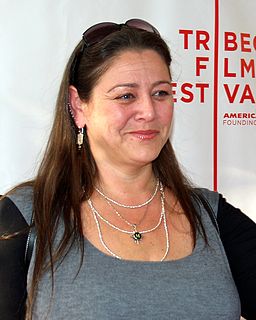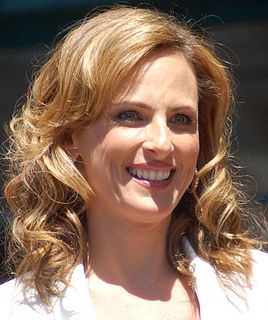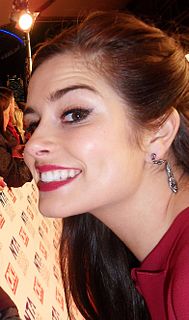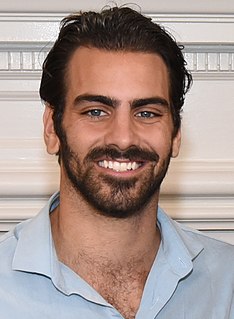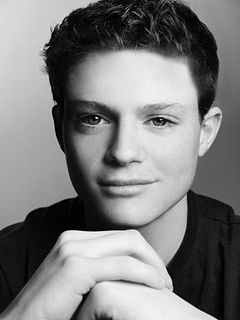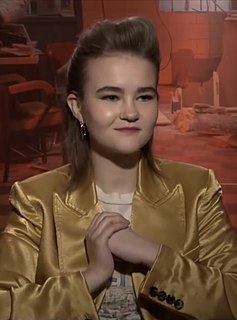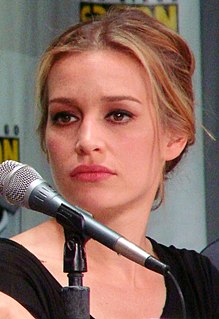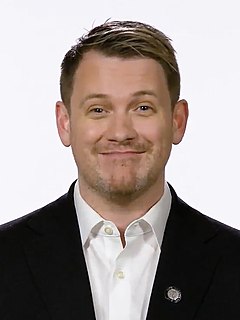A Quote by Camryn Manheim
One of the things I did when I was in New York, which has a wonderful deaf community, is I have worked on making Broadway more accessible to deaf people.
Related Quotes
I like the iPhone, the iPad, all the various members of that family. But I like all the various technologies that are becoming available to make the world more accessible to people who are blind and with low vision. I also like that more and more people are committing themselves to close captioning so the deaf can really know what's going on. I like the position of making buildings more accessible by having ramps and various ways people who are paraplegic to be able to get around.
